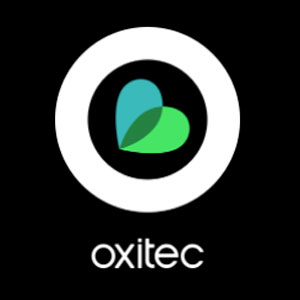
Oxitec, a developer of biological pest control solutions, announced the launch of the next phase of the company’s malaria vector program, enabled by $18 million in funding from the Bill and Melinda Gates Foundation.
This new chapter in Oxitec’s fight against malaria-spreading mosquitoes marks a transition from targeted mosquito strain development in the lab to validation of its solution in communities living under daily threat of this disease.
Oxitec has already worked with officials in the Florida Keys with a pilot program in 2021.
Malaria kills more than half a million people each year across the world and nearly half of the world’s population is at risk, according to the World Health Organization.
Oxitec’s malaria program targets two malaria-spreading mosquitoes that pose major challenges to the international community’s regional malaria foals. The first is the Indo-Pakistan malaria mosquito (Anopheles stephensi). It is the dominant malaria vector in South Asia and the Middle East. Around 2012, it invaded Djibout, in Africa, where it caused a massive rise in malaria incidence in the capital city. More than 10 percent of the country’s population was estimated to be infected in 2018.
This species’ capacity to breed in urban communities distinguishes it from other malaria-spreading mosquitoes, and as it spreads further experts warn of disastrous malaria outbreaks across African cities.
Anopheles albimanus is the most significant malaria vector in Central America and parts of South America. Progress has been made in achieving regional malaria eradication, such as El Salvador being certified malaria-free in 2021. However, efforts have stalled in many other parts of the region, and new vector control tools are needed to regain momentum towards this regional aim.
Oxitec’s technology uses non-biting, self-limiting male mosquitoes to suppress disease-spreading pests. In over a decade of multiple deployments, it has achieved about 90 percent of suppression of populations of the yellow fever mosquito (Aedes aegypti), which is a known vector of dengue and other disease.
To apply this technology against malaria-spreading mosquitoes, an team at Oxitec from more than 10 countries has spent nearly four years conducting early development and innovation with the support of the Gates Foundation. Now with the launch of this new three-year pilot phase, the Oxitec team will partner with regional experts and communities to conduct field of its branded “Friendly” solution targeting these two important vectors. Oxitec will also advance development of its Friendly mosquito production, distribution and deployment methods to be tested in pilot locations, to deliver solutions that are scalable and accessible in malaria-endemic regions. Locations for these pilots will be announced in the coming months.
Oxitec will also advance development of innovative Friendly™ mosquito production, distribution and deployment methods to be tested in pilot locations, to deliver Friendly™ solutions that are scalable and accessible in malaria-endemic regions. Locations for these pilots will be announced in the coming months.
Leave A Comment